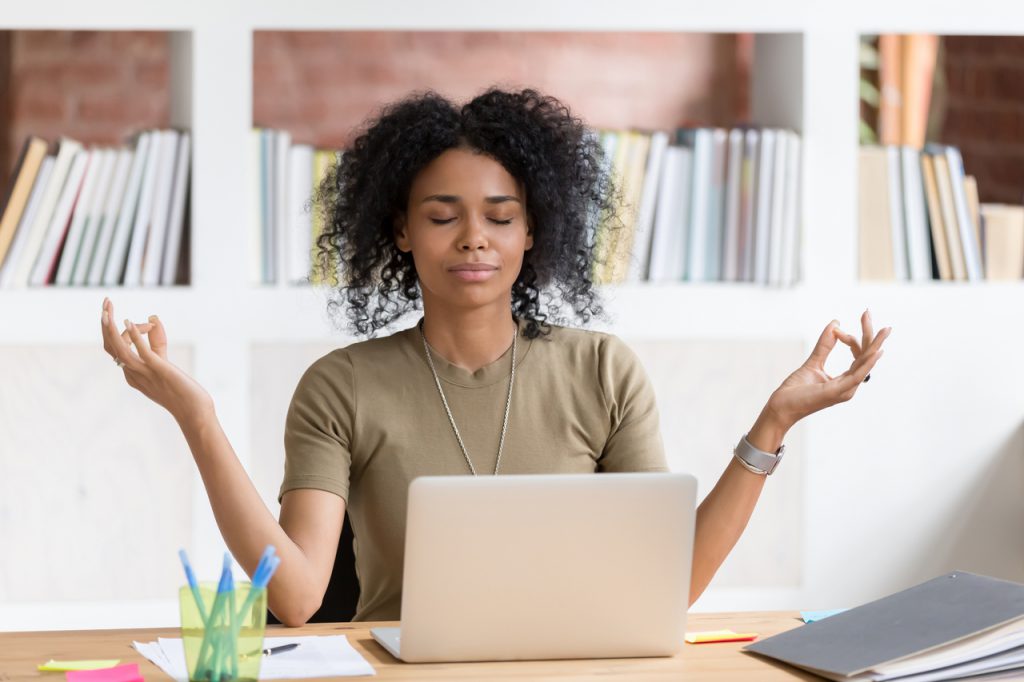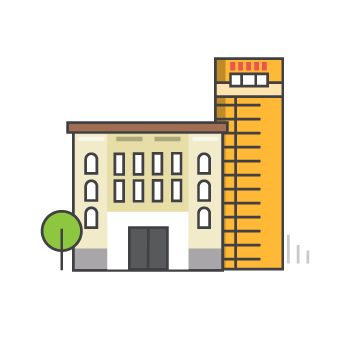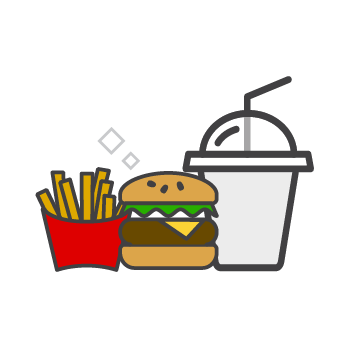Here’s How Practicing Mindfulness Can Help During COVID-19
by Carolyn Lee Apr 20, 2020

The novel coronavirus (COVID-19) has forced us to change the way that we live.
Some countries, cities and towns have gone into complete lockdown; or they have implemented new laws that limit movement and congregating.
Schools and some businesses have closed temporarily, forcing children and parents to stay at home.
Children and teenagers can be kept busy with online classes and activities.
Parents who are working full-time from home; or who now go into office less; still need to manage their households.
It can become overwhelming.
Here are a few tips on mindfulness to help navigate some of the changes that are happening.
According to Mindful, “Mindfulness is the basic human ability to be fully present, aware of where we are and what we’re doing, and not overly reactive or overwhelmed by what’s going on around us.”
Our new reality with COVID-19
Our current reality is that there is no vaccine or cure for COVID-19.
We know that this coronavirus can be transmitted by being in close contact with someone who has the virus.
Some persons who have the virus do not show symptoms until after the incubation period.
Our awareness of the current facts about the disease has allowed us to put protective measures in place such as laws, self-isolation and social distancing.
Be mindful at home
Obey the laws in place, as they serve to reduce the transmission of the disease.
Discuss the disease with your family and outline the importance of practicing social distancing and good hygiene.
Although it may be difficult, be strict with self-isolation, if it is required.
There is an overwhelming amount of information on COVID-19 that can help us to understand what is going on.
It can also help to reduce widespread panic.
It is also a good idea to create new routines that include listening to news updates from reputable news agencies, fun activities at home and exercising.
Spend time in nature.
It may mean waking up earlier and exercising when there are less people around or simply walking around in your yard.
Be mindful with work
While some of us had company mandated days to work from home; this is a new practice for others.
It can be challenging if there are children that require constant monitoring.
Implement new house rules that ensure that children remain engaged with schoolwork and that allows you to carry out work tasks efficiently.
Think of the workday as a regular day at the office – only in a new location, your home.
It is also important to stick to work mandated breaks and eat healthy meals.
Working from home may require a lot more teamwork and collaboration.
Be patient and empathetic with colleagues, as some may experience unique challenges in the initial stages.
Share some of the things that you are doing that may be helpful to others.
Be present
We can be present by staying informed.
There are many documentaries and articles written about the pandemics of the past.
This body of work can help us understand how to adapt to the new changes with COVID-19, as they occur.
Actively practice being mindful.
Some practical activities include journal writing, listening to others, finding things to laugh about and staying in touch with family and friends virtually.
Other activities that help with being present are meditation, gratitude and mindful exercises.
When we focus on the good things that are present, it helps with alleviating some of the worry about what lies ahead.
Be responsible
Each person is responsible for their health.
However, with COVID-19, we are forced to consider the wellbeing of others just as seriously.
Persons who refuse to practice social distancing or self-isolation (when recommended), endanger themselves and others.
COVID-19 affects persons from all age groups; however, elderly people are the most vulnerable.
Our responsibilities must now include protecting our ourselves, our family, older people and our communities from the spread of this disease.
We hope that these tips will help with being more mindful as we move forward. Be safe everyone.
Sources: Psychology Today, Mindfulness.Org, Roche Martin, Psyche Central and Ellevate.








